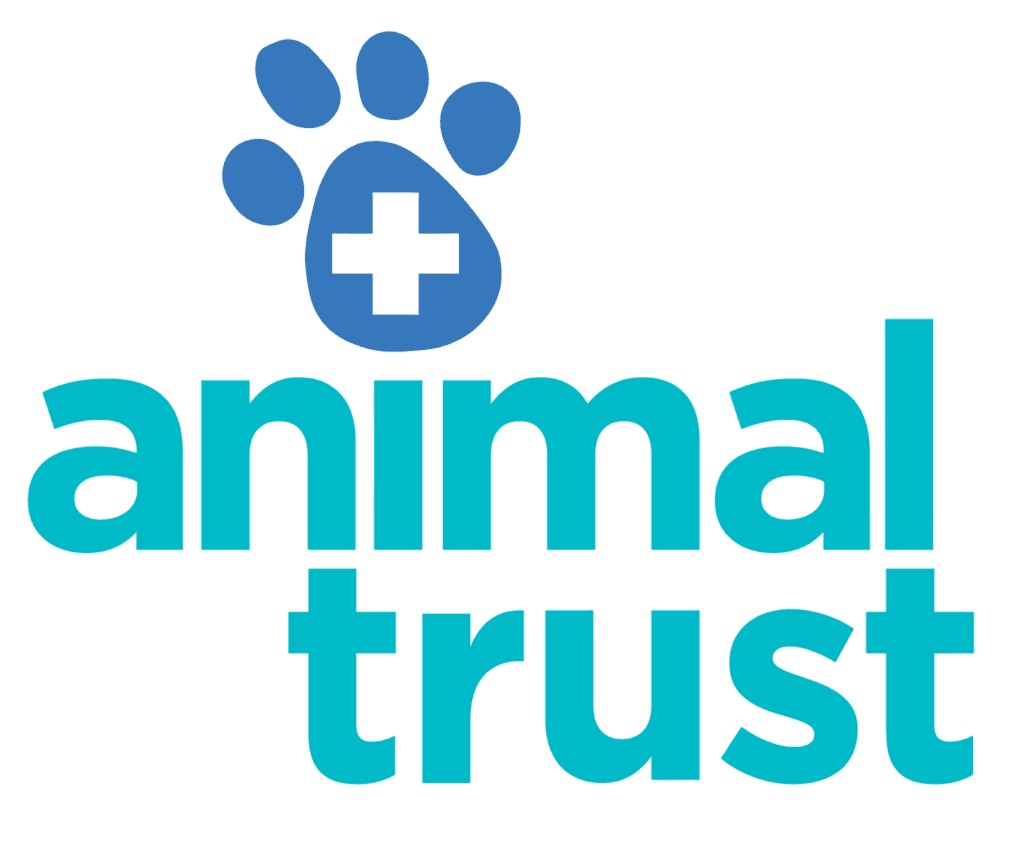
What is Lyme's Disease
Lyme's disease is an infection caused by a bacteria called ‘Borrelia’, which is transmitted through the bite from a tick and affects pets such as dogs and cats (mainly dogs) and humans.
Written by Dr. Mariella Roberts, Veterinary Surgeon, Animal Trust Vets CIC | Published January 2025 | Review date January 2027 | This advice is for UK pets only and is not a replacement for seeing a vet

Symptoms of Lyme’s Disease
Symptoms vary, many animals can have the disease and show no signs.
In dogs, the most common signs include: a fever; not eating; difficulties walking on one or multiple legs which can appear to come and go. Swollen lymph nodes (glands); low energy, drinking and weeing more; seizures.
When to contact your vet
If your pet is showing any of these symptoms and you recently found a tick or visited an area with lots of ticks.
Diagnosis of Lyme’s Disease
Diagnosis often made by symptoms and history of tick's exposure. Blood tests are not very helpful in the diagnosis because they tend to appear in normal range despite signs of infection, however these tests might be important to rule out other causes of disease.
Treatment of Lyme’s Disease
Antibiotics (usually for 4 weeks), improvements can be seen as quickly as 24-48 hours. Pain relief can be used for joint pain. Additional treatment and hospitalisation for fluids to help organs and nerve system if complications arise. If the pet does not respond to the treatment, some pets sadly have to be put to sleep.
Prevention of Lyme’s Disease
Use of regular parasite treatment that kills ticks. Pets should be brushed regularly and checked for ticks after they have been outside, especially if they have been in tall grass during warm weather months. Remove any ticks by using tweezers to grasp the head of the tick where it enters the skin, do not grasp its body. Dispose of any ticks found to avoid re-attachment to pets or humans. Vaccination in areas where Lyme's disease is recommended.
Outlook
Many animals are treated successfully, especially with mild symptoms, but it is important to look out for relapses. If the disease has severely damaged the kidneys or nervous system, some pets sadly have to be put to sleep.
